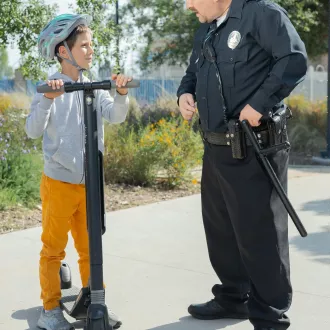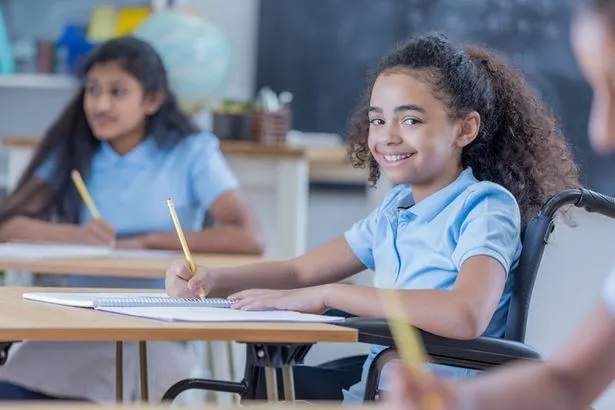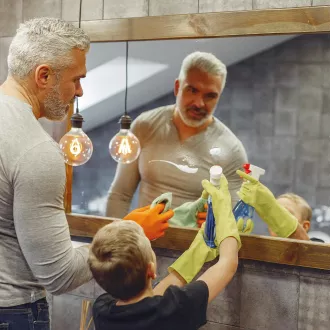Transcription How can collaboration and teamwork be promoted?
Encouraging collaboration and teamwork is critical in child development. When children learn to work together and collaborate on a task, they can accomplish more than they could individually, while learning important skills such as communication, conflict resolution, decision-making and leadership. In addition, working in a team fosters confidence, self-esteem and a sense of belonging, which can be beneficial to their emotional and social well-being.
Create a collaborative environment
It is important to create an environment where children feel comfortable collaborating and working together. This may involve creating group work spaces, providing materials that encourage collaboration, such as bulletin boards or brainstorming boards, and promoting a culture of teamwork and collaboration.
Encourage open communication
Open communication is critical to fostering teamwork. Children should feel comfortable expressing their ideas and opinions, and they should learn to listen to and respect the ideas and opinions of others. It is important to provide opportunities for open communication, such as group discussions, brainstorming activities, and games that encourage communication.
Teach conflict resolution skills
Conflict resolution is an important skill that children need to learn in order to work as a team. Children need to learn to express their feelings effectively, to listen to and respect the feelings of others, and to find solutions to conflicts that are fair to everyone involved. Adults can teach these skills through role-playing activities, pretend play, and group discussions.
Encourage diversity
Diversity is an important part of teamwork. Children should learn to appreciate and value differences in others, including cultural, gender and ability differences. Adults can encourage diversity through activities that celebrate diversity, such as cultural festivals and games that encourage inclusion.
Provide opportunities for leadership
Leadership is an important skill in teamwork, and children should learn to lead and follow. Adults can provide opportunities for leadership through activities that allow children to lead, such as group projects and pretend play.
Celebrate team success
It is important to celebrate team success to foster a culture of teamwork and collaboration. Adults can celebrate team success through activities that recognize the success of the entire group, such as award ceremonies or recognition activities.
Collaboration Strategies
There are several ways to encourage collaboration and teamwork in children, and some of the most effective strategies are listed below:
- Establish common goals: When children work in teams, it is important that they have a common goal that motivates and unites them. The goal should be clear, realistic and achievable, and should be aligned with the interests and needs of all group members.
- Encourage communication: Communication is key in any teamwork, and it is important that children learn to express their ideas and feelings clearly and respectfully. Adults can facilitate this by promoting active listening, asking open-ended questions and encouraging constructive dialogue.
- Establish roles and responsibilities: For a team to function well, it is important that each member has clear and defined roles and responsibilities. In this way, each child knows what is expected of him or her and can work more effectively to achieve the team's goals.
- Encourage empathy: Empathy is a fundamental skill for teamwork, as it allows children to understand the needs and feelings of others. Adults can foster empathy by teaching children to put themselves in others' shoes and providing opportunities to practice this skill.
- Provide constructive feedback: Feedback is critical for children to improve and grow together
collaboration work team




